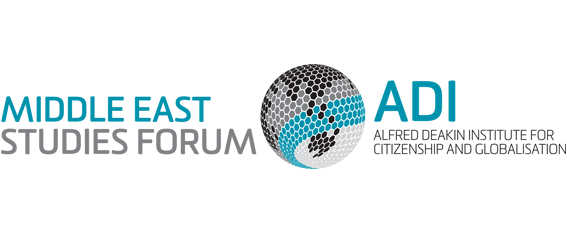
Smart digital technologies and the future of democracy in the Muslim world
Smart digital technologies have had a mixed effect on the prospect of democracy throughout the world. They have contributed to the de-centralization of previously powerful and often monopolistic mass media by enabling grassroots citizens to advance their independent voices, empowering them through more effective political communication and organization of dissent, and giving them easier access to governments and politicians. Also, the depth and extent of the available data on citizens to governments and big-tech companies, and of the surveillance capabilities they provide, is a clear risk to deliberative democracy. This paradoxical impact has been felt in the Muslim world, with the widespread adoption and popularity of digital technologies among both people and governments over the past two decades. The project, funded by the Gerda Henkel Foundation aims to investigate the impact of smart digital technologies on the prospect of democracy in Iran, Turkey, Pakistan and Egypt.
Research Team: Shahram Akbarzadeh, Ihsan Yilmaz, Zahid Ahmed and Galib Bashirov

